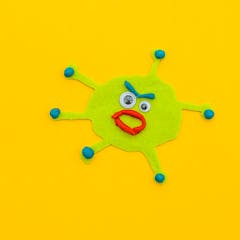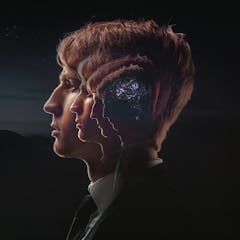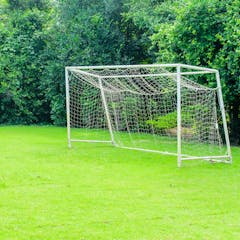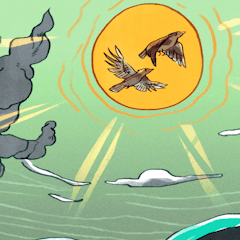
Articles on Cognitive psychology
Displaying 1 - 20 of 26 articles

Remembering his immense contributions to psychology and economics.

Dobble is a card game that originated in France in 2009. It involves observation, articulation and speed.

People want to shoot the messenger, but they do hear the message.

Here are some reasons for the natural human tendency to avoid or reject new information that runs counter to what you already know – and some tips on how to do better.

New research verifies 50 year old theory about memory.

Research shows that people with more flow in their lives had a higher sense of well-being during the COVID-19 pandemic. Scientists are beginning to explore what happens in the brain during flow.

You weren’t born as an analytic or holistic thinker, you were made. Our quiz will show you how much you are one or the other, helping you to better understand yourself and others.

There are two splits in public opinion about the current Israel-Palestine violence, though everyone has the same set of facts. A cognitive psychologist explains how this can happen.

How does the brain distinguish between the “self” and the “other”? A new study gives a clue.

Instead of debunking false claims, psychology shows promoting the facts is a more effective way to fight the spread of misinformation.

Thinking of SARS-CoV-2 as an invisible enemy with an evil personality and humanlike motivations is a natural offshoot of the way people evolved to anthropomorphize so as not to overlook threats.

Is it safe to nip out for milk? Should I download the COVIDSafe app? Is it OK to wear my pyjamas in a Zoom meeting? All these extra decisions are taking their toll.

A particular type of mind could be more susceptible to political partisanship, on either side of the traditionally defined political spectrum.

There are reasons to be skeptical, of both the quality of the evidence presented so far and the questionable assumptions that underlie claims of improved cognitive function after brain training.

If consciousness is a by-product of our brains’ nonconscious processes, where does that leave us?

These psychological adaptations help us to sustain belief in religion.

It’s a psychological quirk that when something becomes rarer, people may spot it in more places than ever. What is the ‘concept creep’ that lets context change how we categorize the world around us?

To give the best chance for science to have an impact, we need to present our arguments to the public in the most convincing ways we have available. Applied psychology can help.

Research into cognitive processes found people who adapted their thinking to changing situations were more likely

Cognitive psychologists know the way our minds work means we not only don’t notice errors and misinformation we know are wrong, we also then remember them as true.
